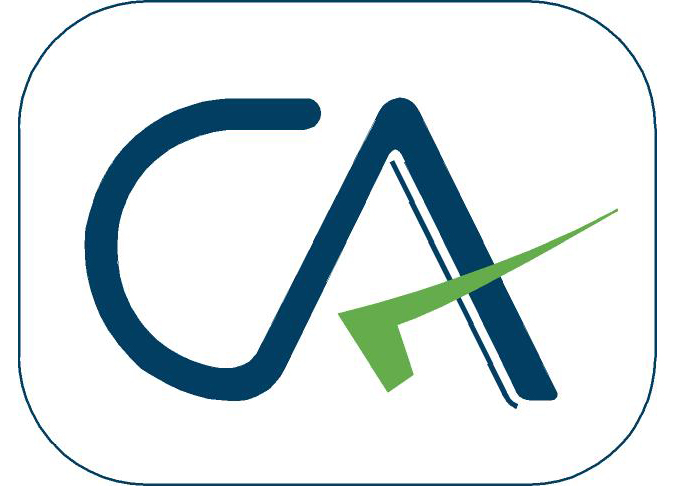Mutual Funds – Direct or Regular: Benefits and Cost

A Regular Mutual Fund: What Is It?
Investing through a middleman, such as a financial counsellor or a bank relationship manager, is part of regular plans. Since the fund firms must pay the intermediaries commissions, these plans typically have higher expense ratios when they are sold. These programs are appropriate for investors who require ongoing advice and help from a financial professional.
A Direct Mutual Fund: What Is It?
You can invest in mutual funds directly with fund houses through direct mutual fund schemes. These plans have reduced expense ratios since you buy straight from the fund company, eliminating the need for a broker and the need to pay commission.
Comparisons Between Regular and Direct Mutual Fund Plans
Any mutual fund scheme has two variations: direct plans and regular plans. These variations are based on how you invest in the mutual funds. Therefore, it’s critical to comprehend how they differ from one another. Based on net asset value (NAV), returns, and the financial advisor’s role, the following are some of the main differences:
Value of Net Assets: Fund houses deduct various management costs from the fund’s net asset value (NAV). We call this the expense ratio. Since there is no fee or brokerage in direct plans, the NAV of regular schemes is typically lower than that of direct plans, which have a higher expense ratio because of the commission and brokerage associated with the regular fund.
Returns: Because they have a lower expenditure ratio than ordinary funds, direct plans provide higher returns. Higher profits are achieved by excluding distributor commissions, which is advantageous to you. Regular plans, in contrast to direct plans, have a greater expenditure ratio that reduces your return and provides somewhat lower returns.
The Financial Advisor’s Role: You engage with the asset management business directly when you have a direct plan. There is no role for a financial counselor because you invest in this program under your own requirements and decisions. Regular plans, on the other hand, involve financial experts helping you with the investing process. Under your investing goals, they assist you in determining where and how much to invest.
Basic Plans for Mutual Funds
Mutual funds purchased through a mutual fund broker, distributor, or advisor are known as regular funds. The fund house pays a commission to the intermediary for bringing a new investor into their plan(s) for each regular fund. Regular funds are marginally more expensive than direct funds since the AMC will add this charge to the expense ratio. Direct funds initially appear to be a superior option because they are less expensive.
These additional fees for normal funds are for the services you receive via an agent, broker, or distributor—an intermediary you purchase from. Picking an inexpensive mutual fund, meanwhile, might not always be a wise choice. If you are not an experienced do-it-yourselfer, you may require assistance in finding and choosing the right money for your needs. Regular funding would be a better option in this case.
Regular Mutual Fund Benefits
There are benefits to both regular and direct mutual fund programs, although regular funds have some advantages for some clients. Regular funds have the following advantages versus direct funds:
Assistance from Financial Advisors:
Financial advisors assist you in selecting appropriate funds for your regular fund investments, depending on your investment goals and risk tolerance. Therefore, consistent funding will be beneficial to you if you are a novice investor in need of ongoing guidance and support.
Planning with goals in mind:
When you make monthly plan investments, your distributor or financial advisor works with you to create a personalized investment strategy that aligns with your financial objectives. You may keep focused on your long-term goals and manage the intricacies of market swings with the aid of this individualized method.
Which is preferable, regular mutual funds or direct?
The fund houses offer two investing alternatives for the same scheme: regular and direct. Your needs and investing goals will determine which direct or regular mutual fund is best for you.
Regular funds are appropriate for investors who require ongoing guidance or assistance from financial experts in order to make investment decisions. They can help create a goal-based investing plan by offering tailored guidance. However, all of these advantages come at a price, and as a result, these funds have a higher expense ratio because they charge brokerage and commission for their services. Although there is not much of a difference between regular and direct funds’ expenditure ratios, it can have a big impact on your long-term returns.
Investors looking for bigger returns at lower costs can consider direct funds. Long-term capital gains are possible with direct funds since they have reduced costs and no commission or brokerage. Direct funds are especially attractive because they are inexpensive for investors who feel comfortable doing their research and decision-making. Since you make your own direct investments, much like in direct plans, direct funds are a good option if you feel competent enough to make your own investing decisions.
Therefore, you can move forward with regular funding if you require ongoing assistance and direction from a professional advisor. Direct funds, on the other hand, are a more affordable option if you want to maximize your long-term gains and pay no commissions or brokerage fees.
How Can I Tell Whether a Mutual Fund Is Direct or Regular?
Many investors make the mistake of choosing the wrong option because they are unsure about the differences between regular and direct funds. The following are some crucial characteristics that can assist you in determining whether funds are direct or regular:
Fund Name:
The term “Regular” or “Reg” appears in the mutual fund scheme name for regular funds. Similar to this, the scheme name for direct money includes the words “Direct” or “Dir.”
Cost-to-Rate:
Both plan types’ expense ratios are available for inspection. Regular plans typically have a greater cost-to-income ratio than direct plans.
Value of Net Assets (NAV):
You may also look for the NAV of the fund. Direct plans typically have a higher net asset value (NAV) than ordinary plans.
Statement of Consolidated Accounts (CAS):
If you want to know if a mutual fund is regular or direct, you may also check your CAS. In your CAS, look for the “Advisor” field. In this area, you’ll see ‘ARN’ followed by a number if the plan is regular.
Conclusion
The question here isn’t which kind of mutual fund is better—direct or regular. Which plan best fits you is the key question.
Regular mutual funds won’t provide any value if you are an experienced investor with enough market understanding. However, because of the security, convenience, and value-added service that a conventional mutual fund offers, it makes more sense to invest in one if you’re just starting. To increase the returns on your assets, your advisor will regularly review and adjust your portfolio. Although there will be a convenience fee, it won’t matter in light of the excellent service and returns you receive.
